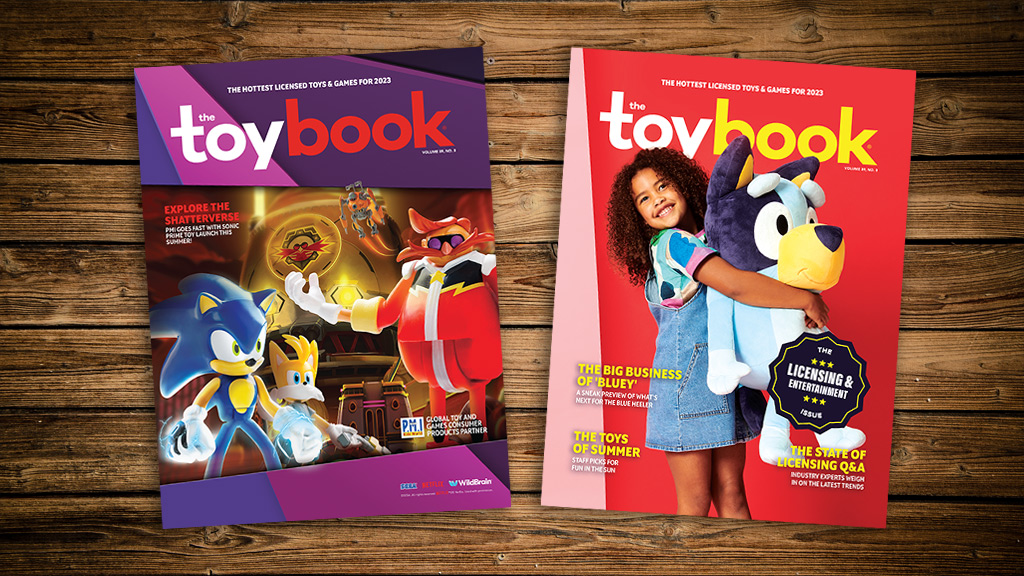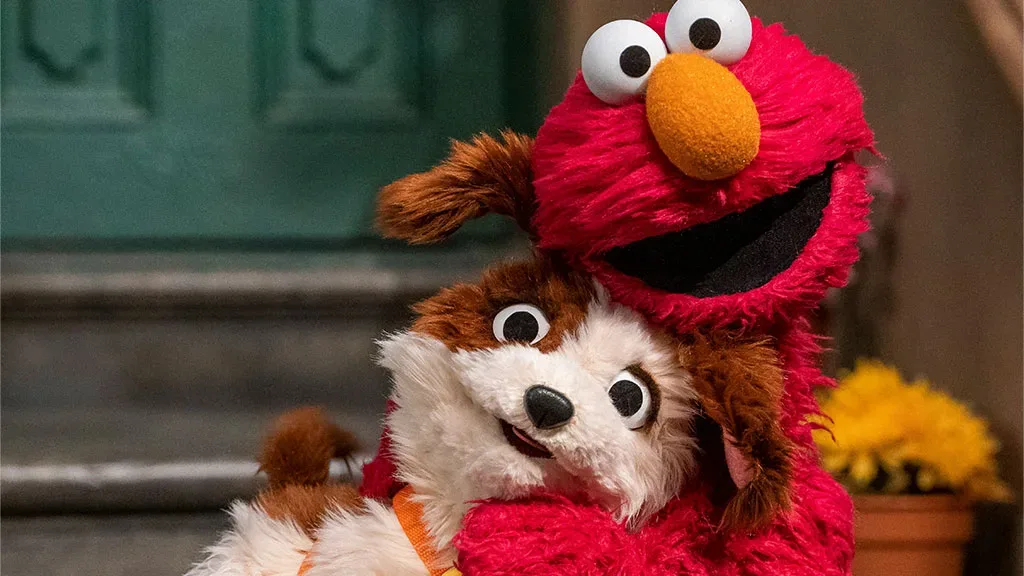by Stephanie Pottick, Esq., Pottick Law PC & Protect for Success
“Elmo loves to shop, hahaha,” I said in my best Elmo voice at an appointment with our Toys “R” Us buyer. We were pitching our company’s talking Sesame Street shopping carts and strollers and didn’t have the voice recording yet from the actor who portrayed Elmo, so I found myself having to improvise. I guess I didn’t do too bad of an impression because the buyer wound up taking our line!
Working on the business side of a brand such as Sesame Street — as well as The Wizard of Oz, Burger King, and more — really taught me the importance of intellectual property (IP) and that licensing agreements matter. Now, as an attorney, I really get why they matter.
Licensing is an amazing way to expand your brand. Essentially, licensing is like “renting” out IP to third-party companies that will create and sell branded products or experiences. And the actual licensing agreement sets the ground rules for what you as a company can or cannot do with the brand.
“Licensing is an amazing way to expand your brand … And the actual licensing agreement sets the ground rules for what you as a company can or cannot do with the brand.”
My experience taught me to be patient (and yes, I hear Elmo’s voice when I think about this), follow the agreement guidelines, and wait for the approvals, but more importantly, know what’s in the agreement. Some key terms to keep in mind include approvals, exclusivity and territory, net sales, and the definition of licensed products — all key areas that can end up affecting your bottom line.
Approvals: At every stage of ideation and production, our company had to get approval from Sesame Workshop for every aspect of our products, packaging, and marketing before we could sell anything. I remember one time we had to go back and forth a few times to get Cookie Monster’s pupils looking just right — literally, we had to move them fractions of an inch.
Exclusivity and Territory: Will you have competitors selling the same products as you? And where can you sell the licensed goods? If you’re the licensee, you want an exclusive license because it minimizes competition, but if you’re the licensor, you’d prefer to have a non-exclusive license in order to monetize your brand with more than one company at a time. Our license for Sesame Street was non-exclusive, but in a way that incentivized us to make our products more appealing to customers. That’s one of the reasons we added Elmo’s voice to some of our toys.
Similarly, the territory can affect your company’s bottom line. Even if your licensed products are successful, you cannot sell them outside of the contracted region without the explicit permission of the licensor.

Net Sales: This definition will determine how much money you’re going to make on a licensed product. I learned it’s super important to know what you can and can’t deduct from the sale price (especially if your contract has an audit provision, which it should), and that details matter in accounting.
Define “Licensed Products”: If you want to sell a particular type of product, you’d better make sure the agreement specifically lists it; otherwise, you may not have permission to sell it. Our contract covered doll strollers, toy shopping carts, and play food, so even if we came up with other potential licensed products, we wouldn’t have been able to sell them using the Sesame Street license without adding them to the contract.
There’s so much more that goes into a licensing agreement. Remember all terms matter because once you sign something — you’re stuck with it!
So, what did Sesame Street ultimately teach me about licensing? Definitely that it was fun being associated with an iconic, treasured brand, but more importantly, that paying attention to the legal stuff is just as important as creating the products. Wishing you much success!
*Disclaimer: This article is for informational purposes only and not intended as legal advice. Top photo credit: Sesame Workshop

A version of this article was originally published in the 2023 Licensing & Entertainment Issue of The Toy Book. Click here to read the full issue! Want to receive The Toy Book in print? Click here for subscription options!


